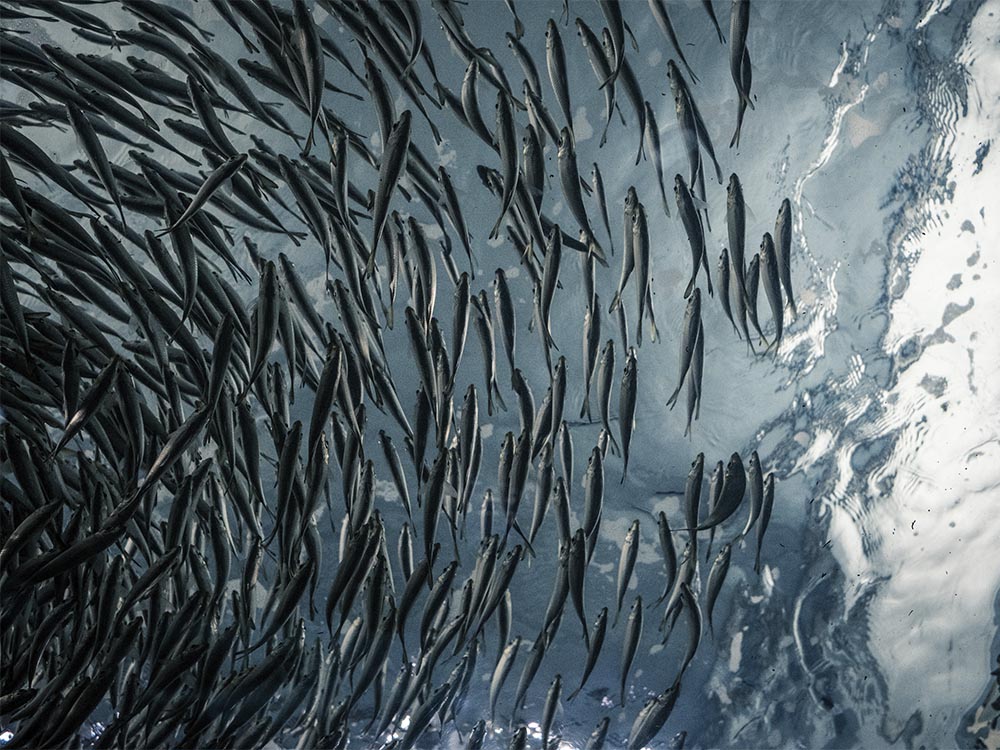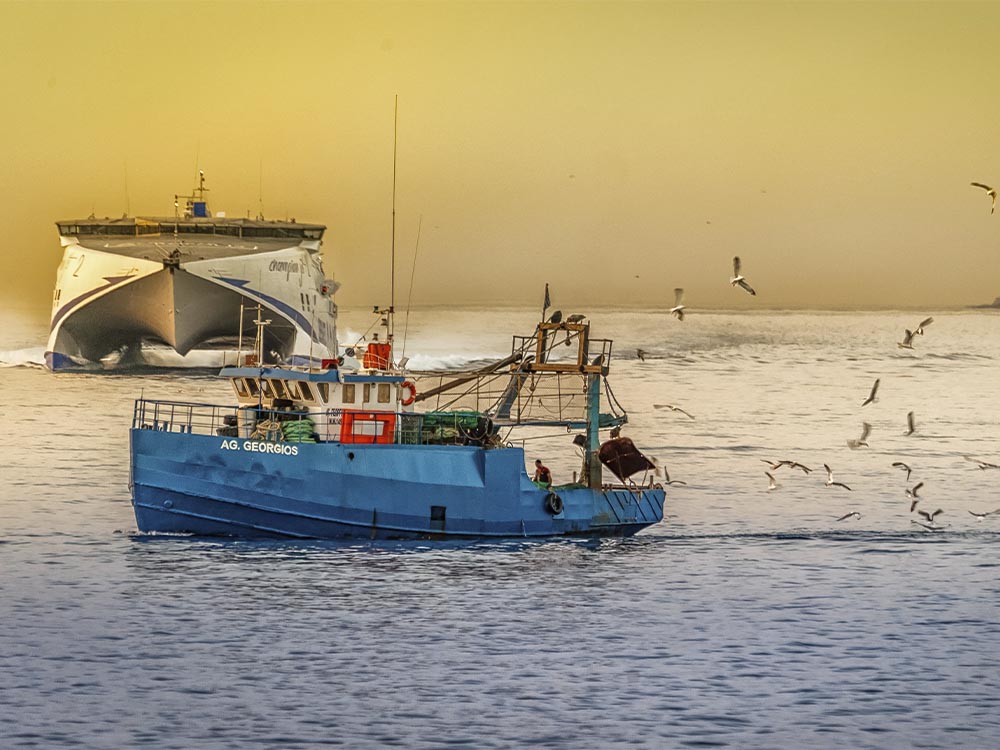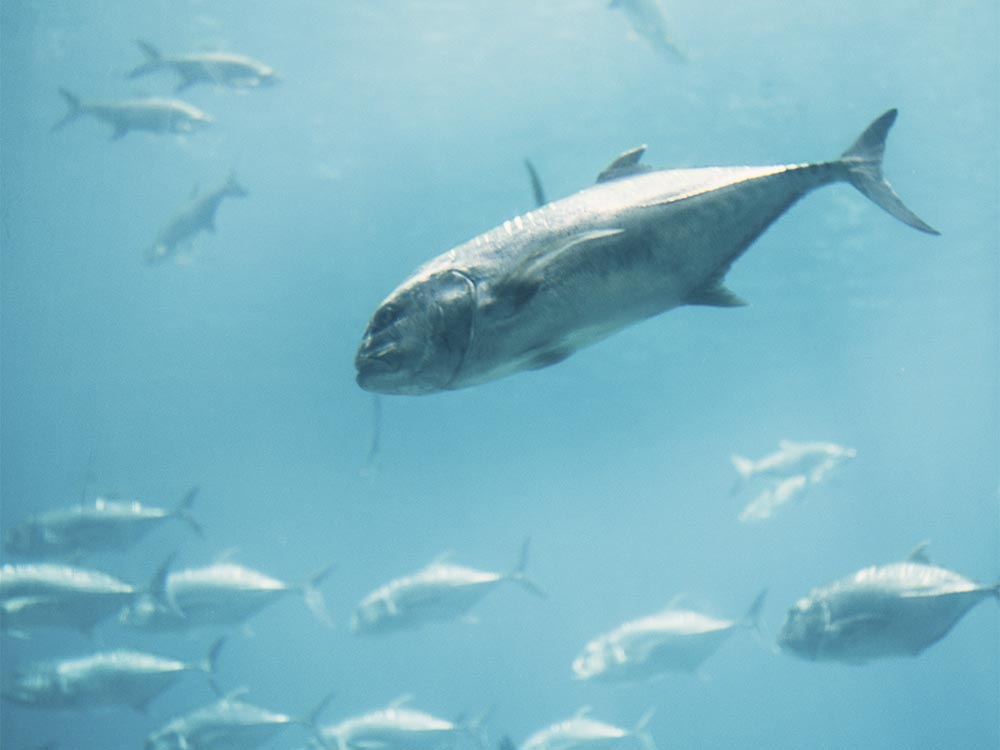ConFish
Connectivity among Mediterranean fishery stakeholders and scientists resolves connectivity of fishery populationsProject presentation
In this era of fast global change, defining connectivity and adaptive potential of exploited marine stocks while estimating social impacts of change to the livelihood of those who directly exploit the resource are challenging but key requirements towards sustainability of fisheries. Yet, these three levels of information are not captured by traditional management practices: boundaries of stocks are perceived as static, stocks are considered as non-evolving units, and local stakeholders are seldom accounted for at the decision-making level. ConFish project includes cutting edge genomics techniques - that provide high resolution insights in the connectivity and adaptation - and local stakeholder involvement through all the phases of the framework - to promote the capacity building and knowledge transfer between fishermen and scientists.
The project aimed to explore a bottom-up for fisheries management framework based on the study and exchange of concepts related to evolutionary biology and local ecological knowledge. It assembled a team of marine scientists and social scientist, experienced in knowledge brokerage between the academics, general public and stakeholders.
Partnership
Lead partner
University of Zagreb, Faculty of Science (Croatia)
4 Partners
1 Associated partner
4 Countries
Key messages
For managers
- Creating a Mediterranean-based network that includes local stakeholders, social scientists, and fisheries scientists can deliver a framework that will refine the efficiency of fisheries management;
-
Cutting-edge genomics techniques can provide high-resolution insights into the connectivity and adaptation of target species;
- The project designs a Mediterranean-based network that relies on a robust social framework and on evolutionary science for future implementation of a bottom-up approach into fishery management.
For policy
- Establishing a basis to reach consensus for the community’s sustainable development strategy focussing on marine ecosystems, is essential;
-
Boosting capacity building for evolutionary-based fisheries management can generate strong cooperation between researchers, fishermen communities, policy makers, and other key stakeholders;
- The ConFISH opens a communication channel by creating the conditions to promote a deeper understanding of current and future vulnerabilities of marine ecosystems, and of the impacts on day-to-day activities and livelihoods of the community.
For science
- A bottom-up approach to fisheries management will permit the identification of fishing areas that should critically be preserved, both from a scientific and from a social perspective, and that will extensively contribute to the sustainability of Mediterranean fisheries;
-
To achieve sustainable fishing action and fisheries management it is essential to promote knowledge transfer between evolutionary scientists and local fishery stakeholders;
- It is essential to gather explanatory information on empirical knowledge about marine ecosystems, and to collect data directed toward resource assessment and an evolutionary understanding on the connectivity, differentiation, and underlying environmental pressures on studied populations.





